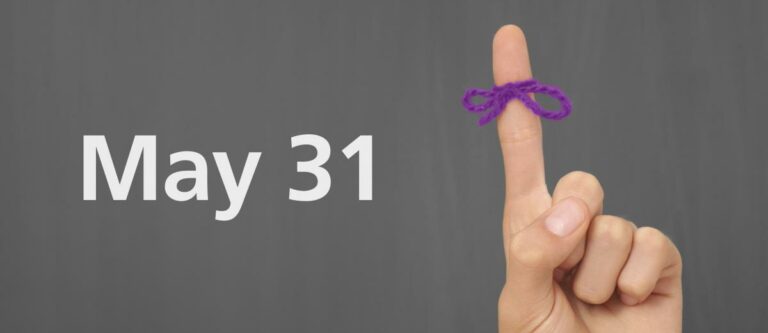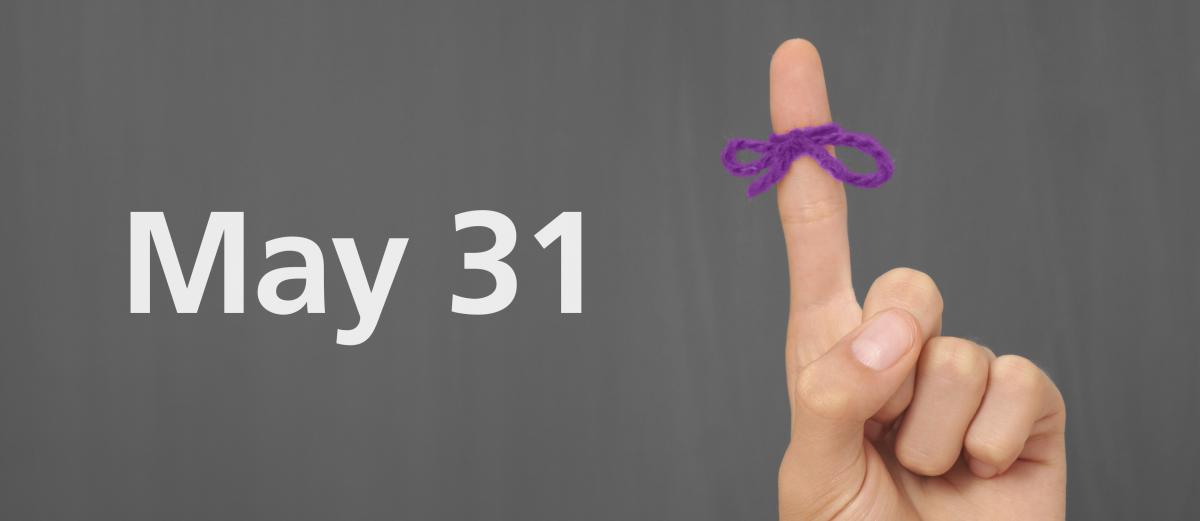

The May 31, 2017 deadline for pharmacists to complete their Continuing Competence Program (CCP) requirements is fast-approaching. Some important things to keep in mind:
1. Non-accredited programs count.
If there are non-accredited courses or activities you’d like to participate in that are applicable to your practice, you can use those towards your CEUs. Just make sure to show the connection in your reflections. There’s no requirement for how many of your CEUs need to be accredited programs versus non-accredited.
“We understand there are a lot of great non-accredited programs out there,” said Debbie, ACP’s Registration Director (and former Competence Director). “After you participate in a non-accredited program, it’s up to you to determine if it’s biased or relevant to pharmacy. There are a lot of programs that are accredited for nurses or physicians that you may claim as non-accredited CEUs if they apply to your practice. And regardless of whether you do accredited or non-accredited programs, you go through the same process of reflecting on the learning and entering them in your learning record.”
2. You don’t have to include EVERYTHING you learned in your learning record.
The learning record is your chance to reflect. Stick to the highlights or your personal takeaways from the learning activity. Still, put some thought into your responses and avoid giving one-word answers. Show the assessors you’re engaged in the continuing education process.
3. You can select more than one learning record in your implementation record.
It says you can select one or more learning records, so if you have more, select more! And remember, your implementation record needs to be able to link back to your learning record.
“It’s to your benefit to list all relevant learning activities that are applicable to your implementation,” said Debbie.
4. Have “SMART” objectives.
Your learning objectives should be: Specific, Measurable, Agreed upon, Realistic, and Time-based. In other words: SMART.
“If it’s not clear what you’re trying to achieve, it’s hard to tell if you’ve achieved it,” said Debbie.
5. Show your evidence
If you did a PowerPoint presentation for your colleagues or updated your policies and procedures based on what you learned, share those documents (the entire documents) as evidence in your implementation record. Keep in mind assessors want to know that you have already applied your learning, not that you plan on applying it. Your implementation must be completed in the current CE cycle.
6. The CCP portal is open 24/7, 365.
You don’t have to wait until registration is open to enter your learning activities. The portal is just like 7-Eleven: always open.
7. Optional means optional.
You’re not required to answer the optional questions in your learning record. They’re meant to get you thinking about potential implementation objectives. If you prefer to save those thoughts for your implementation record, that’s okay.
8. Spread out your learning over the course of the year.
If you plan ahead, you’ll have a better chance of participating in learning activities that are of interest to you or most relevant to your practice. Leaving things until the last minute limits your options.
9. You’re completing your competence training for you.
It’s in the pharmacists’ code of ethics that you continue your education throughout your career. As a health care professional, maintaining competence is in your—and your patients’—best interest.
Additional resources you may like:




